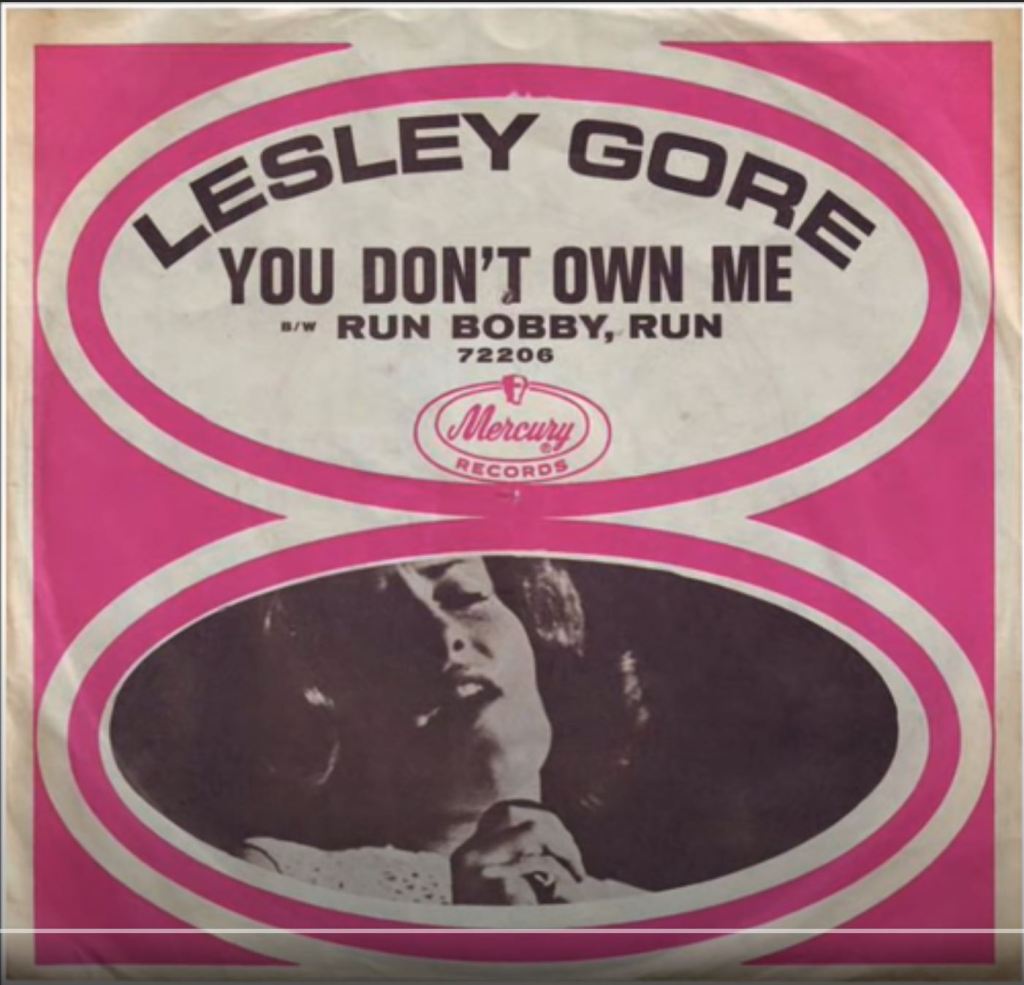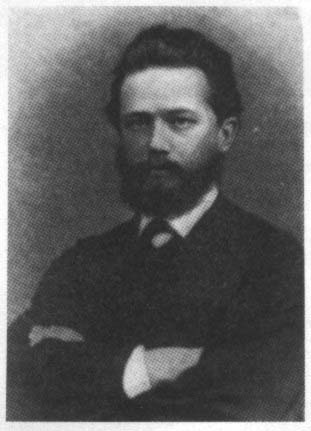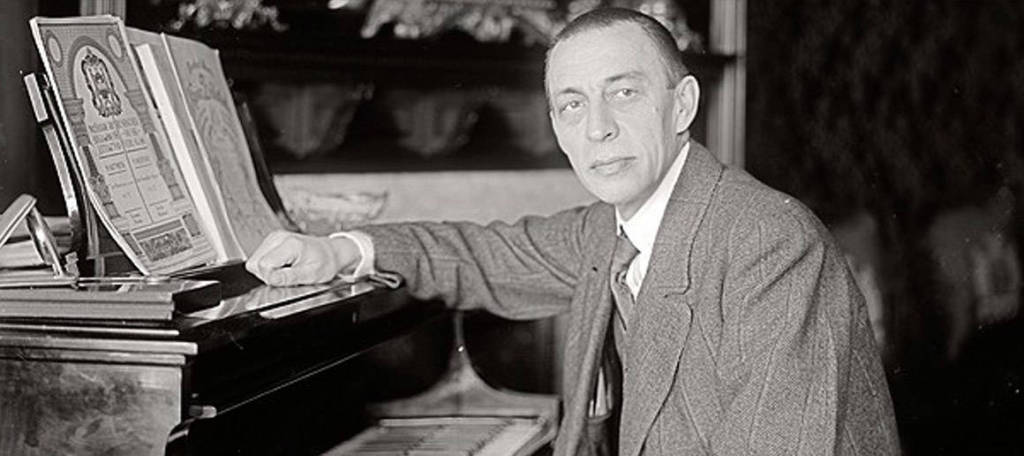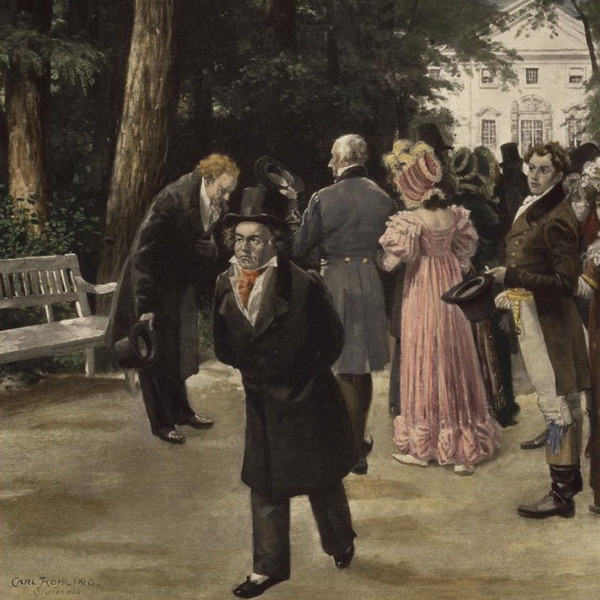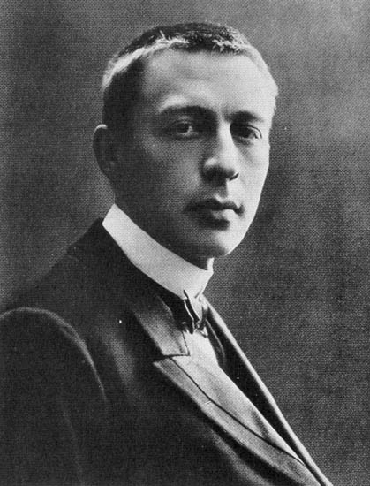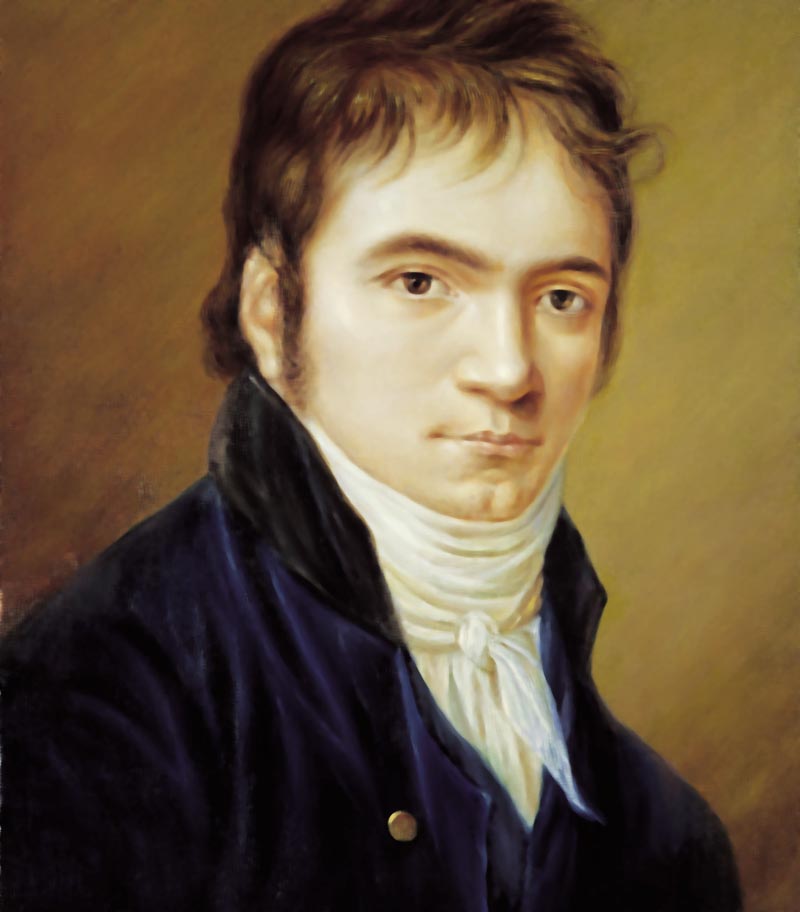Lesley Gore’s “You Don’t Own Me” (1964)
What a good song — and new to me: Lesley Gore’s “You Don’t Own Me”: You don’t own me I’m not just one of your many toys You don’t own me Don’t say I can’t go with other boys And don’t tell me what to do Don’t tell me what to say And please, when […]
Lesley Gore’s “You Don’t Own Me” (1964) Read More »
